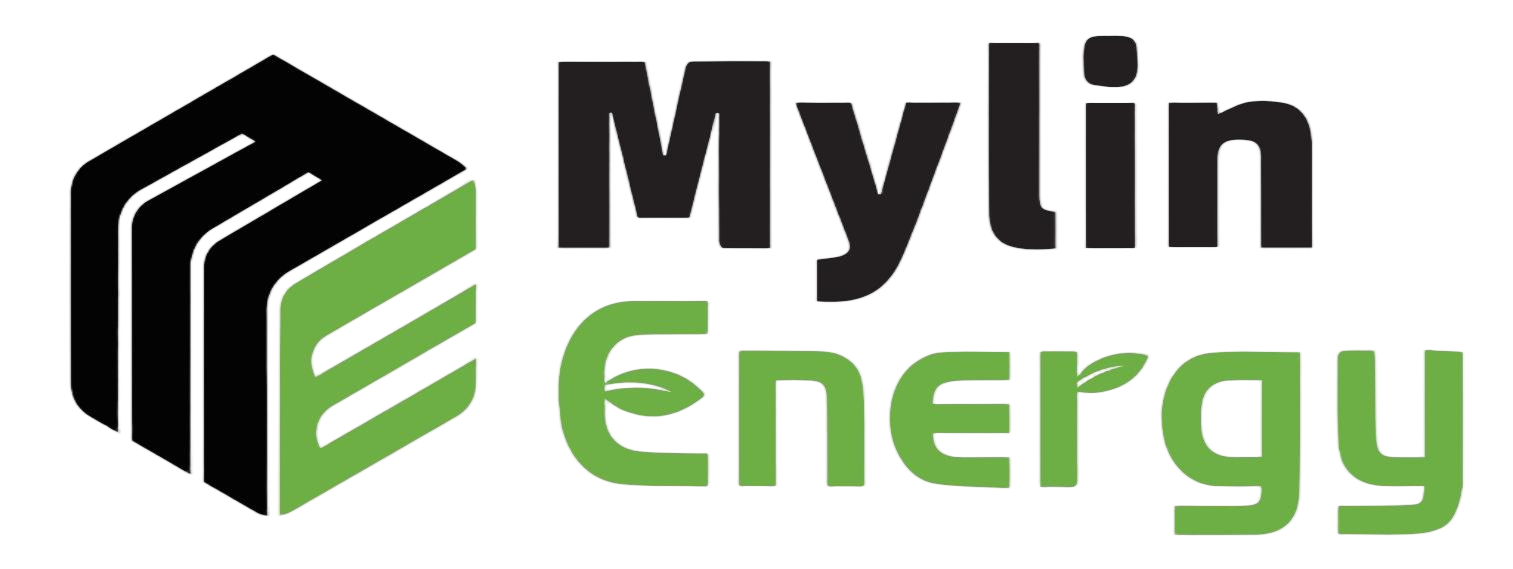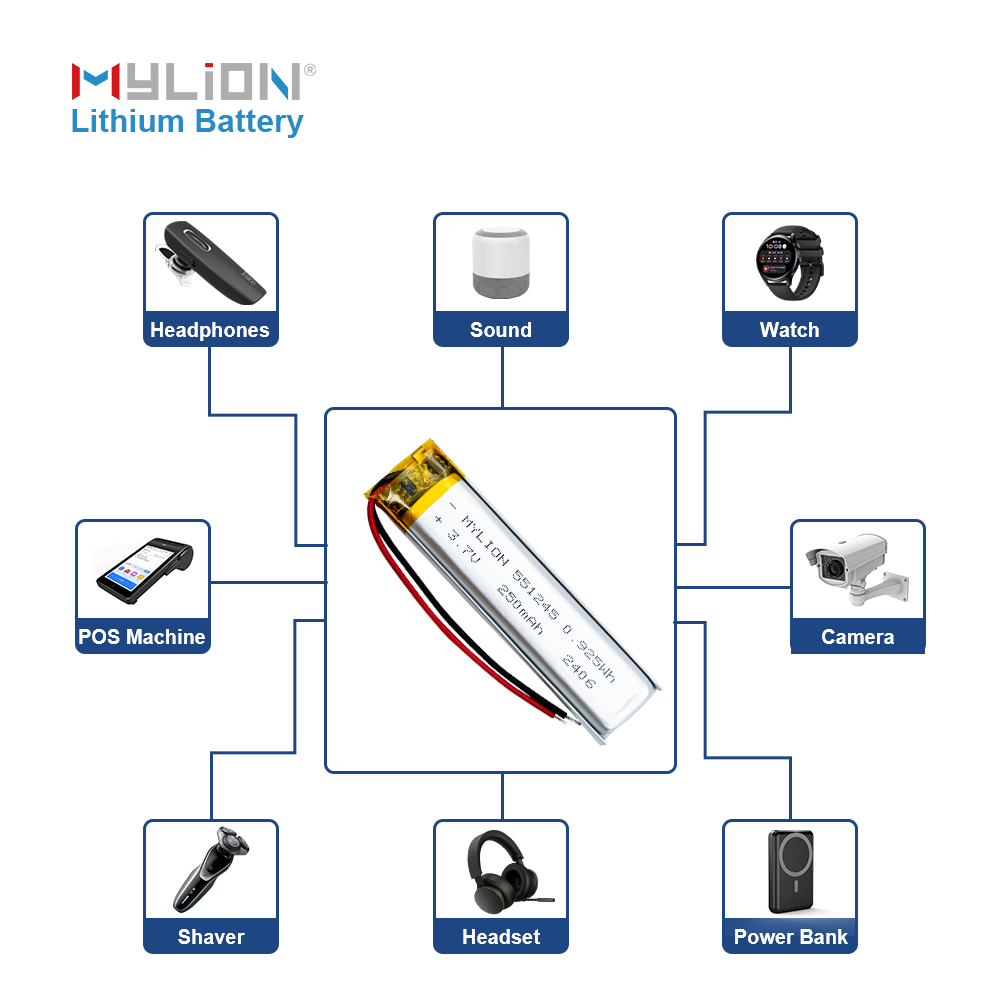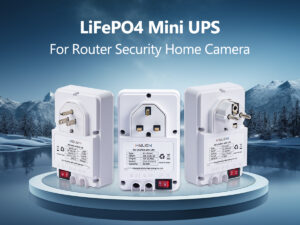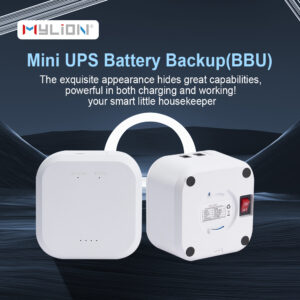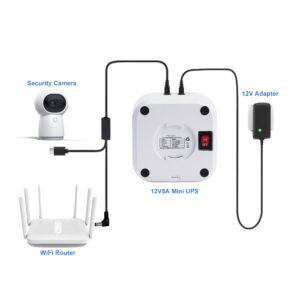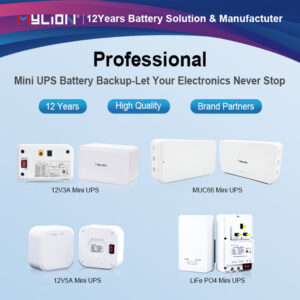As the world continues to transition to more sustainable energy solutions, the role of LiPo batteries (lithium polymer batteries) in renewable energy systems such as solar and wind power is becoming increasingly important. These advanced energy storage systems are essential to improving the efficiency and stability of renewable energy sources, which are often intermittent in nature. LiPo batteries offer several key advantages that make them an important component in the integration of renewable energy systems. This article explores the various ways that LiPo batteries are used in renewable energy applications, focusing on their advantages, potential, and impact on system performance.
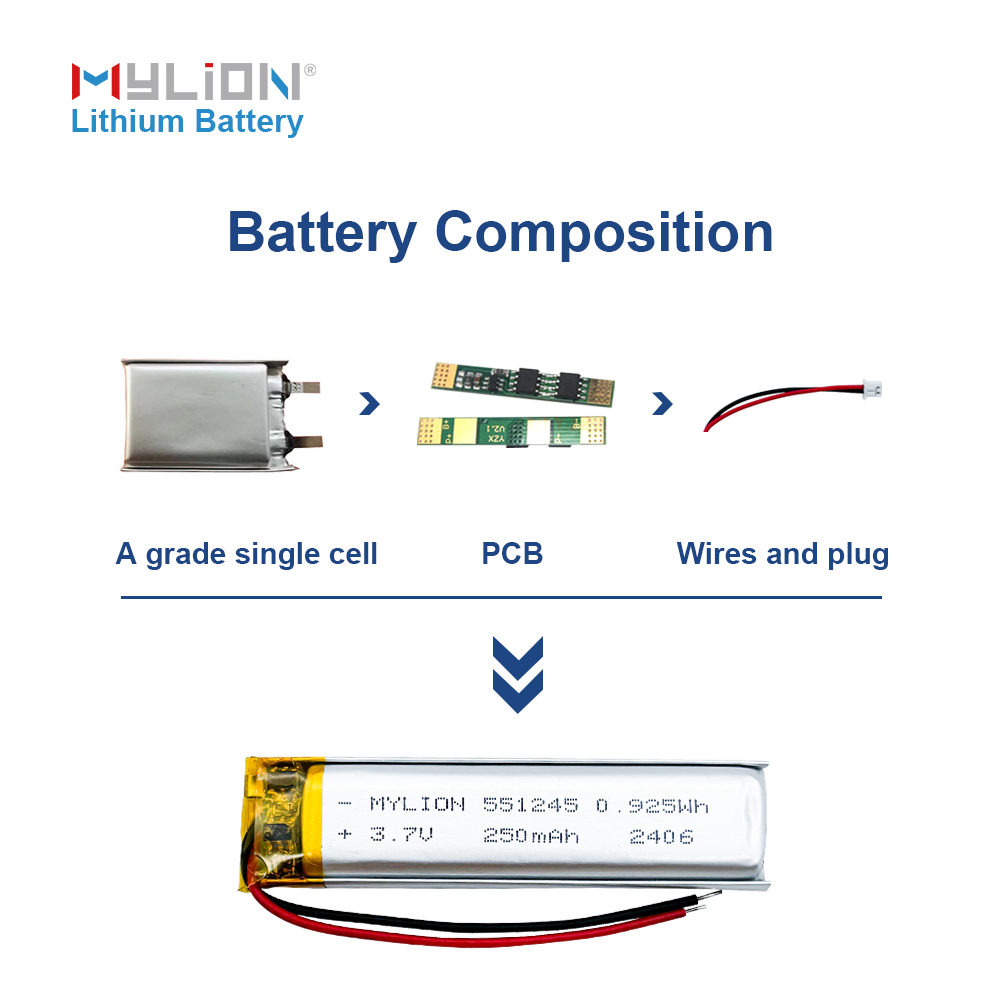
1.Growing demand for energy storage in renewable systems
Renewable energy sources such as solar and wind are variable in nature. The energy produced by solar panels fluctuates based on the availability of sunlight, while wind turbines depend on wind speed and direction. This variability creates challenges in ensuring a continuous and reliable supply of electricity. To meet these challenges, effective energy storage solutions are needed.
Energy storage systems can store excess energy generated during periods of high production for later use when generation is low. This helps stabilize the grid, ensuring a consistent and reliable supply of electricity regardless of weather conditions. Lithium polymer batteries are well suited to these applications due to their high energy density, fast charge and discharge rates, and long cycle life, making them a valuable option for renewable energy storage.
2.Advantages of Li-Polymer Batteries in Energy Storage Systems
High Energy Density and Compact Design
One of the main advantages of Li-Po batteries is their high energy density. Unlike traditional batteries such as lead-acid, Li-Po batteries store more energy in a smaller space, making them ideal for systems with limited space. This is particularly important for designing efficient, compact renewable energy systems, such as solar systems installed in residential buildings or wind power systems on ships or in remote areas.
Li-Po batteries are compact in size and can be easily integrated into a variety of energy storage systems without taking up a lot of space while still providing a lot of energy storage. This is in stark contrast to larger, heavier alternatives such as lead-acid batteries, which require more space and have less efficient energy density.
Long Cycle Life
Li-Po batteries also have a longer cycle life than many other battery chemistries, such as lead-acid or nickel-cadmium (NiCd) batteries. While Li-Po batteries typically last between 300 and 500 charge cycles, they retain a higher percentage of their original capacity for a longer period of time. This is critical for renewable energy applications, where energy storage devices are expected to operate for many years without replacement.
In renewable energy systems, where batteries are often charged and discharged multiple times per day, lithium polymer batteries are able to maintain performance over long periods of time, making them a cost-effective choice. Their long cycle life minimizes the need for frequent replacement and reduces the overall lifecycle cost of energy storage systems.
Fast Charge and Discharge Rates
Renewable energy systems often experience periods of high energy generation followed by a rapid drop in power output. Lithium polymer batteries have fast charge and discharge capabilities, which makes them ideal for situations where energy needs to be absorbed or released quickly. When power generation from solar panels or wind turbines peaks, lithium polymer batteries can quickly store excess energy. Similarly, when energy demand increases or production drops, lithium polymer batteries can quickly release their stored energy to ensure a steady supply of electricity.
This fast charge and discharge capability is essential to maintaining the stability and responsiveness of renewable energy systems, especially in off-grid applications where immediate energy availability is often critical.

3.Integration of LiPo Batteries in Solar Systems
Off-grid Solar Applications
Off-grid solar systems are particularly dependent on energy storage systems to ensure continuous power supply since they are disconnected from the main grid. In these systems, LiPo batteries are used to store energy generated by solar panels during the day, which can then be used at night or on cloudy days. Because LiPo batteries are highly efficient and have a high energy density, they are well suited for off-grid solar applications where space is often limited.
In addition, LiPo batteries are lightweight and compact, which is particularly important for mobile solar installations, such as solar vehicles, trailers, or portable solar systems for camping or emergency use. These qualities make LiPo batteries an excellent choice for off-grid energy storage, where both space and weight considerations are critical.
Grid-connected Solar Systems
In grid-connected solar systems, LiPo batteries can be used as part of a hybrid energy storage solution, working alongside the grid to store excess solar energy during peak production periods. This stored energy can be used when demand is high or when solar generation is low, providing backup power during grid outages and reducing reliance on fossil fuels.
In areas where electricity prices are high or grid access is unreliable, integrating lithium polymer batteries into grid-connected solar systems can provide significant cost savings and improve energy security.
4.The role of lithium polymer batteries in wind energy systems
Storing excess energy
Wind energy systems, like solar, generate varying amounts of electricity depending on wind conditions. Lithium polymer batteries are used to store excess energy when wind speeds are high and release the stored energy when wind speeds slow. The rapid charge and discharge capabilities of lithium polymer batteries make them ideal for wind energy systems that need to respond quickly to changes in wind speed and energy production.
Stabilizing grid output
In wind farms, where large amounts of energy are generated and fed into the grid, lithium polymer batteries can help stabilize energy output by balancing fluctuations in generation. This is particularly important for large wind farms that are fed into the national grid. By storing excess energy generated during periods of strong wind and releasing it when production drops, lithium polymer batteries can help maintain grid stability and prevent blackouts caused by fluctuations in renewable energy supply.
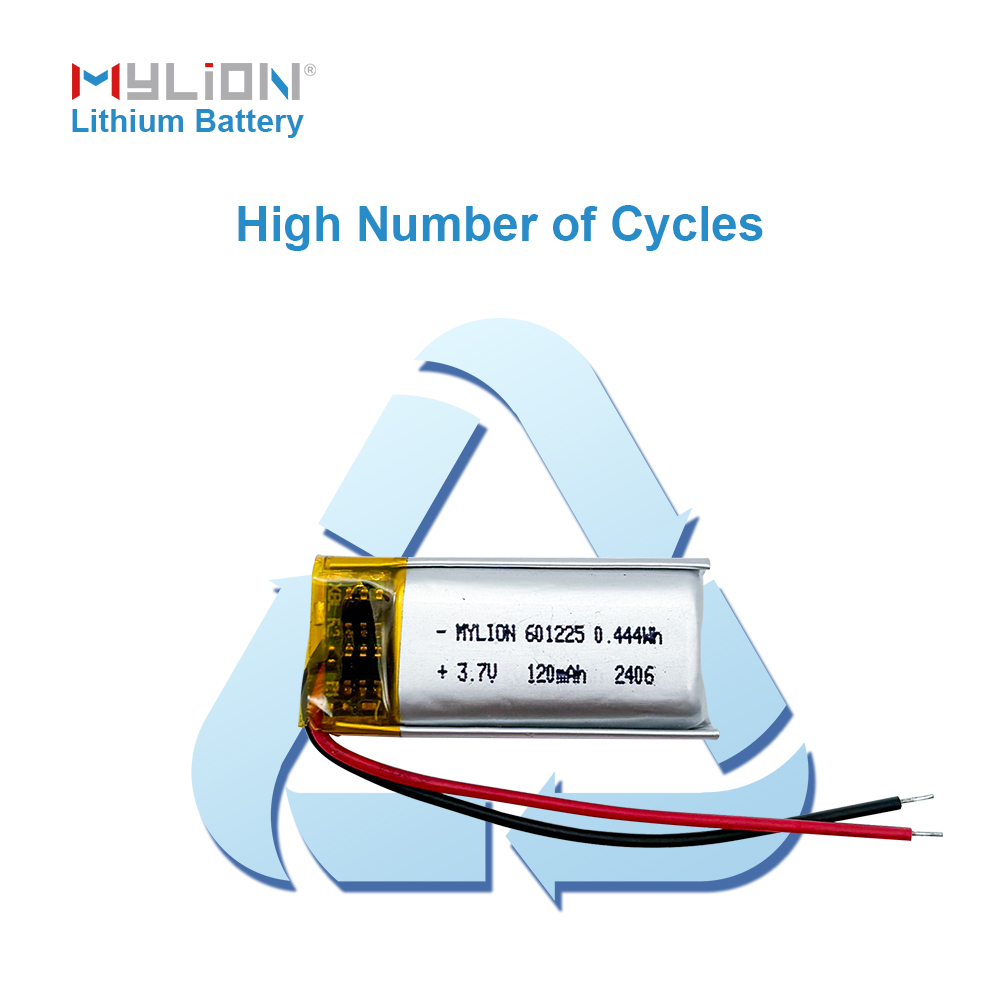
Conclusion
In conclusion, lithium polymer batteries play a vital role in developing efficient, reliable and cost-effective renewable energy systems. Their high energy density, long cycle life, fast charging capability and compact design make them ideal for energy storage in solar, wind and other renewable energy applications. As technology continues to advance, lithium polymer batteries will undoubtedly help make renewable energy systems more stable, efficient and convenient, further promoting the global transition to clean energy solutions.
